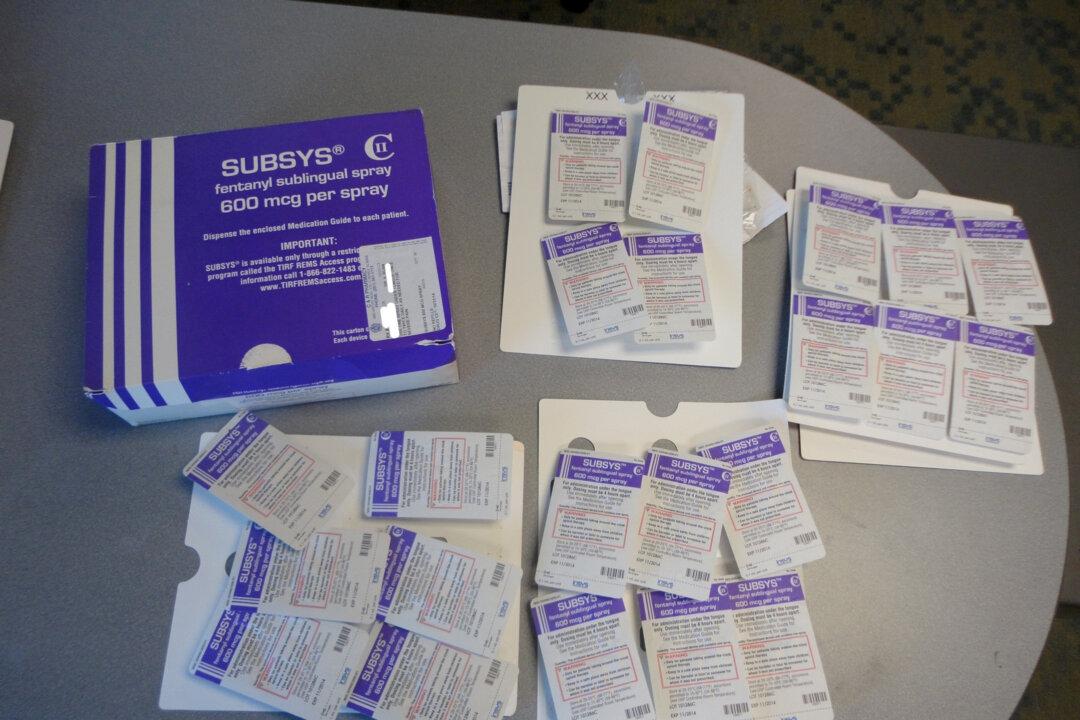A Rhode Island doctor is to be sentenced on Friday after admitting that he took kickbacks from Insys Therapeutics Inc in exchange for prescribing a fentanyl-based cancer pain drug produced by the company.
Prosecutors have asked a federal judge in Providence, Rhode Island, to sentence Jerrold Rosenberg to 70 months in prison, saying he allowed his medical judgment to be corrupted by $188,000 in kickbacks paid by Insys disguised as speaker fees.





